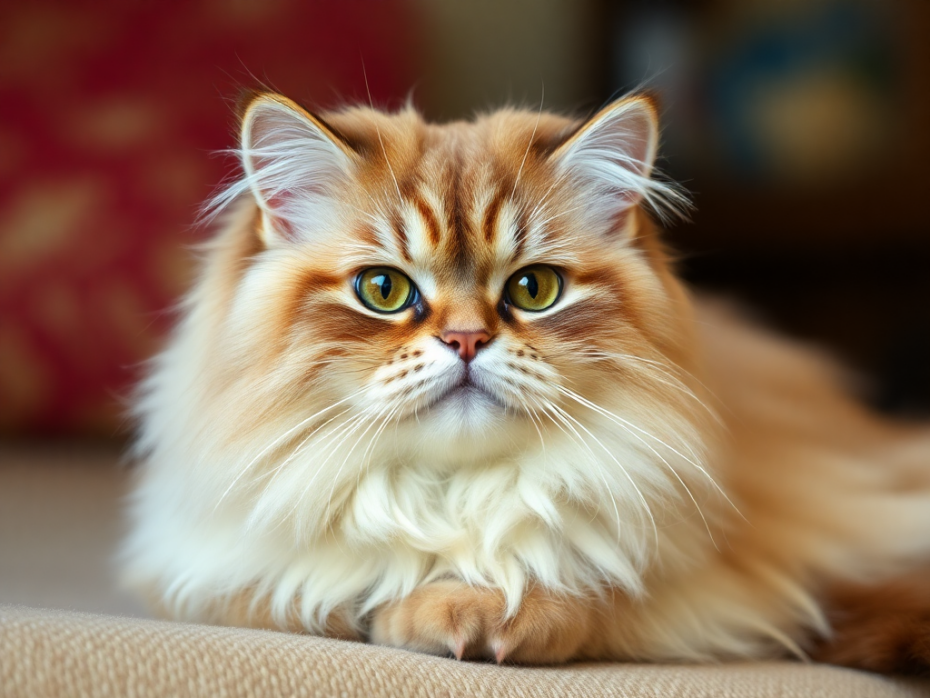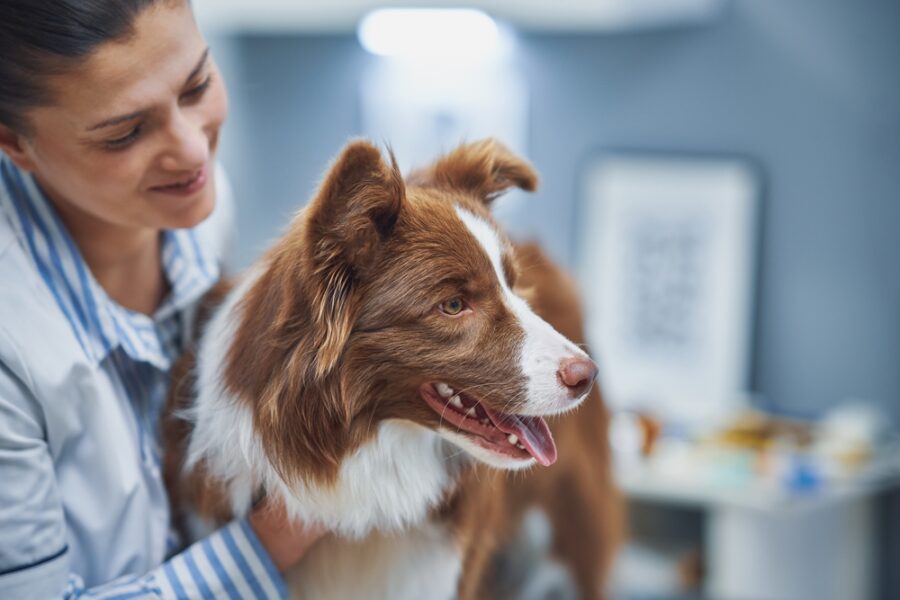Fatty liver disease, or hepatic lipidosis, is a serious condition that can severely impact a cat’s health if not managed properly. Effective management of this disease involves a combination of dietary changes, veterinary care, and monitoring.
Nutritional Requirements
Key Nutritional Components
Managing a cat’s diet is critical for supporting liver function. A high-protein, low-carbohydrate diet helps repair liver damage and maintain muscle mass. Cats require easily digestible protein sources to minimize the workload on the liver. Moderate fat intake is also important; while some dietary fat is necessary for energy, it must be carefully controlled. Incorporating omega-3 fatty acids from sources like fish oil can be beneficial for liver health.
Prescription Diets
Prescription diets specifically formulated for liver support are a good strategy for managing fatty liver disease. These diets are typically low in fat and high in protein, enriched with vitamins, minerals, and antioxidants to promote liver function. It is crucial to consult a veterinarian for tailored dietary recommendations, as each cat’s needs may vary.
Encouraging Appetite
Cats with fatty liver disease may experience reduced appetite, making feeding a challenge. To encourage eating, it is advisable to offer a variety of food textures and flavors. Smaller, more frequent meals can also help stimulate the cat’s appetite.If a cat is struggling to eat, prompt veterinary consultation is essential to prevent further complications from loss of appetite.
Veterinary Guidance
Importance of Regular Check-Ups
Close veterinary supervision is vital in cases of feline fatty liver disease. Regular veterinary visits allow for monitoring of liver function through blood tests and other diagnostics, ensuring that any necessary dietary adjustments can be made.
Potential Medications
In certain cases, medications may be prescribed to support liver function or stimulate appetite. Such treatments should only be administered under veterinary guidance to ensure safety and efficacy.
Monitoring Recovery
Regular monitoring of the cat’s weight and overall health is crucial during recovery from fatty liver disease. It is important to assess the weight weekly. Report any significant weight changes to the veterinarian. This careful monitoring helps to track recovery progress and adjust the management plan as needed.








